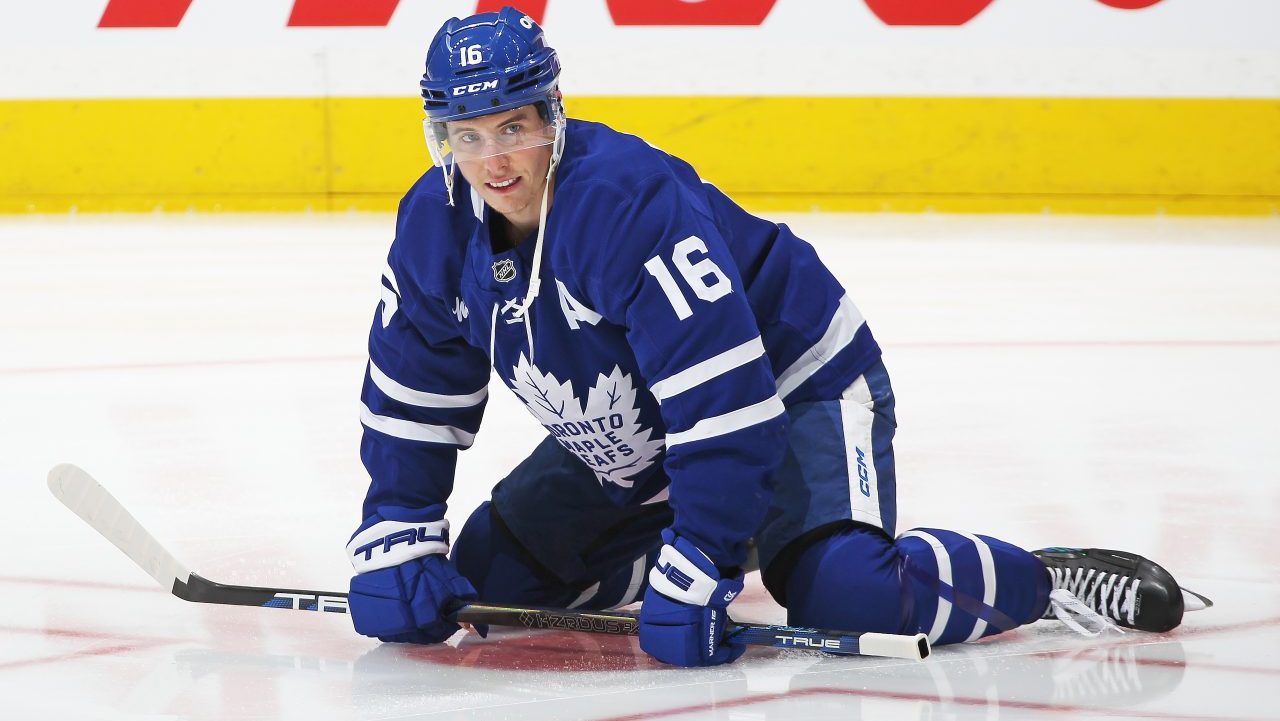
In the extensive histories of hockey and its most fervent nation, few people are more beloved than Wayne Gretzky and Bobby Orr.
The two Hall of Famers, who were ranked No. 1 and No. 3 respectively on a recent list of the sport’s greatest players, both represented Canada in international play and won a combined six Stanley Cups. Yet both are currently the focus of ire from fans across their native country.
Orr and Gretzky are both close with U.S. President Donald Trump, whose recent policies and rhetoric have sparked an existential crisis in America’s longtime northerly ally. Trump’s 25% import tariffs took effect earlier this week, and he has repeatedly spoken about his desire to make Canada the “51st state.” Outgoing Canadian Prime Minster Justin Trudeau has fired back, adding retaliatory tariffs and calling Trump’s move “very dumb.” The feud has rapidly changed the way many Canadians feel about America’s government, its products and even some of their own national heroes.
“You were a great Canadian, but now you are not,” Matthew Iwanyk, chief operating officer and host of Edmonton Sports Talk, told The New York Times about Gretzky. “That is the majority sentiment you will get from Edmontonians … As much as we love hockey, we love our country more.”
The fact that Orr and Gretzky are drawing criticism highlights just how fraught this current moment is between the U.S. and Canada. And while every major U.S. sports league has business that straddles the border, none has more at stake in this geopolitical battle than the NHL. About 40% of the league’s players are Canadian, by far the most of any country, and the NHL has seven Canadian franchises, including economic giants in Toronto, Montreal and Edmonton.
“We’re not really privy to all the discussions going on at the highest levels of both countries, so we get to be affected observers,” commissioner Gary Bettman said Wednesday in a televised interview with CNBC.
NHL revenue is on pace to exceed $7 billion in mixed currency this season, a record for the league, and about 25% of that is collected in Canadian Dollars. Every player, however, is paid in U.S. dollars, regardless of where his team is located. All of that makes the exchange rate between the U.S. and Canadian dollars a critical metric for the NHL.
The Canadian dollar is currently worth about $0.70, just a shade off its lowest point in the last 10 years. It was valued above $1 as recently as 2012. The following year the league signed a 12-year Canadian TV deal with Rogers Communications worth CAD$5.2 billion, or $4.9 billion based on the exchange rate at the time. The deal, which is up after this next season, is now a $3.6 billion agreement based on the current rates.
“If the impact of the tariffs is to see the value of the Canadian dollar drop relative to the U.S. dollar, it will make it more difficult and more painful [for us],” Bettman said. “We have revenue sharing, but a lot of Canadian clubs do quite well, so that’s going to be impacted by what happens with the Canadian dollar.”
The NHL bases its annual salary cap and payroll minimums as a function of its annual Hockey-Related Revenue (HRR), which is based on an average exchange rate across the league year (July 1-June 30). A one-cent shift in the exchange rate is worth roughly $20 million in the NHL’s Hockey-Related Revenue (HRR), Sportico reported last year.
While Bettman characterized the dispute as a “policy issue” that has everyday Americans and Canadians “caught in the middle,” he was not asked about the social impact. There’s a movement afoot in Canada to boycott American products and to limit trips to the United States. That will likely impact Canadians who might have travelled to U.S. cities to see their favorite teams play or who are perhaps looking to buy product from the NHL’s U.S. sponsors.
While NHL players, at least publicly, appear largely unaffected right now, there were three fights in the opening seconds of the U.S. round-robin game against Canada in last month’s Four Nations Face-Off. That came after fans in Montreal booed the U.S. national anthem prior to puck drop. The fraught relationship between the two countries has also become a hot topic for some of the sport’s biggest influencers.
“If you told me, years ago, that there would be Canadians out there that hate Wayne Gretzky and Bobby Orr, I would have told you you’re the craziest m---------er I’ve ever heard,” former NHL player Ryan Whitney, an American, said this week on the Spittin’ Chiclets podcast. “Bobby Orr and Wayne Gretzky. Two legendary Canadian people. And you hate them because they’re friends with the president of another country? ... It’s crazy to me, it’s just wild.”
Bettman said he has not yet spoken to President Trump or anyone else in the administration. The commissioner was at the White House in early February with the Stanley Cup champion Florida Panthers, but said the issue did not come up.
That may change if the economic hostility continues unabated. Trump, for his part, already delayed the Canadian tariffs and on Wednesday paused the taxes that apply to automobile manufacturers.
“We’re hoping that this is a moment in time and both countries find a way to work through this,” Bettman said. “We’re happy to play any role that we can.”

